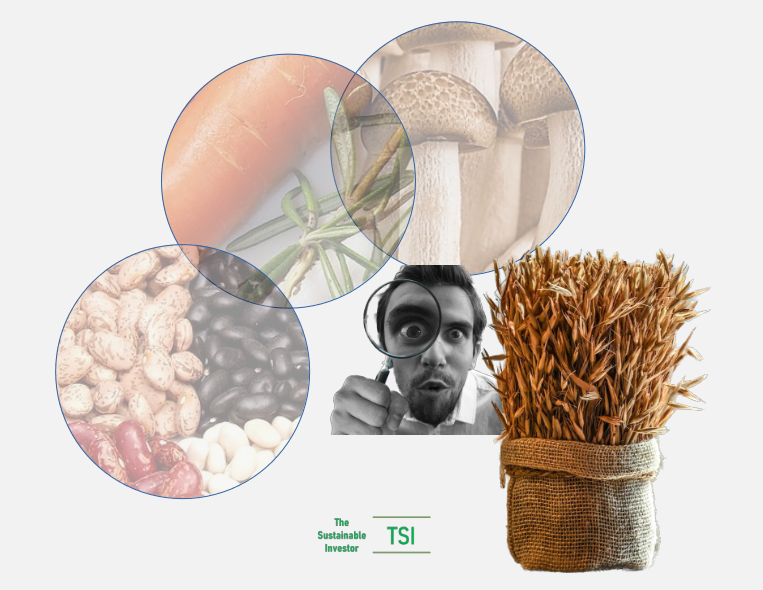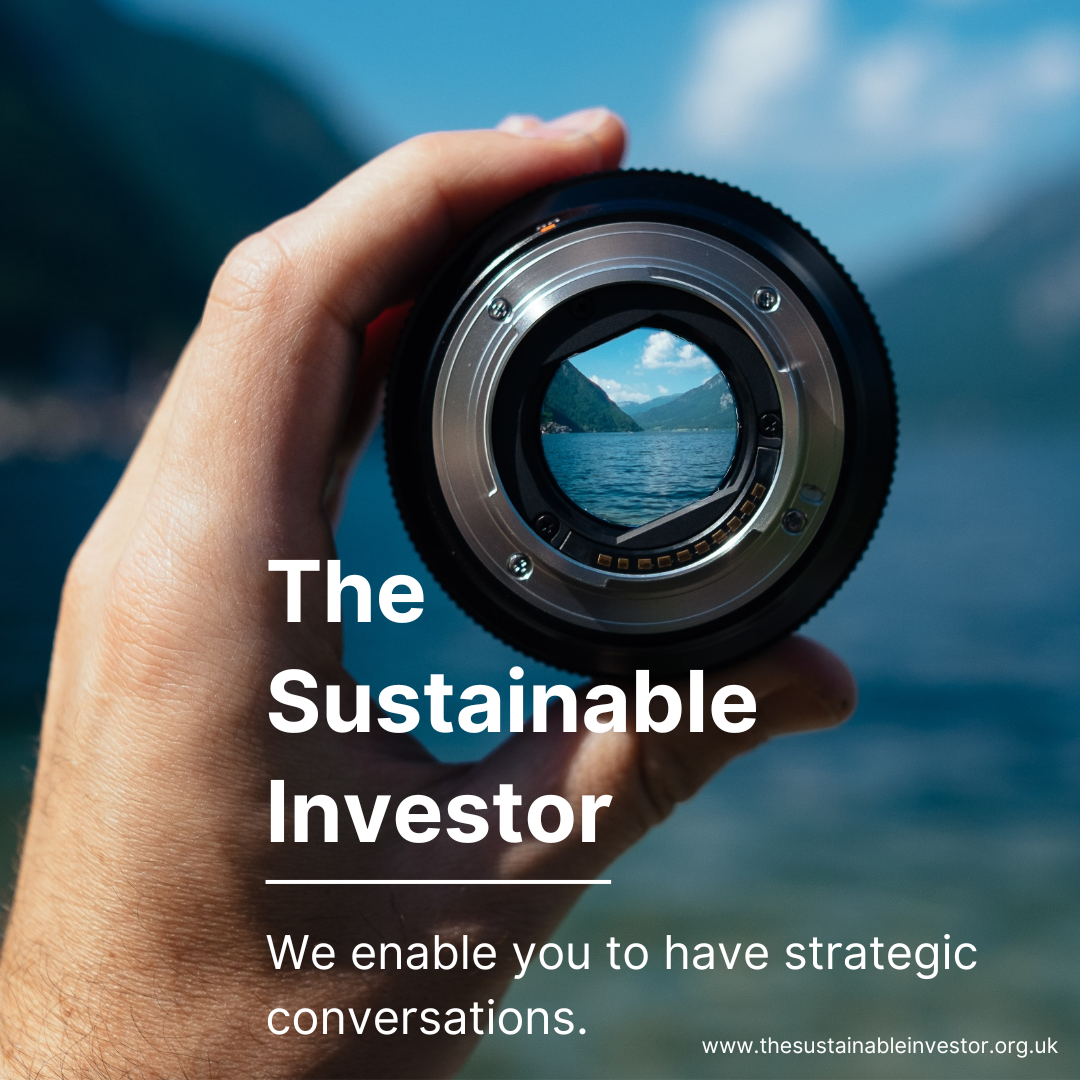
When optimisation can be sub-optimal
"It's a system optimized to work fantastically, when everything's working fantastically."
Coco Krumme, "Optimal Illusions: The false promise of optimization"
Technology consultant Dr Jeffrey Funk highlighted a really interesting book by the applied mathematician Coco Krumme. An argument that Dr Funk often uses in his critiques of today's technologies and some institutional academic research is that an over focus on, obsession with even, algorithms and data has led many to miss the bigger picture.
Ms Krumme believes that optimisation, invented with the intent of making a system or society as a whole more perfect, arose from three shifts in how humans perceive the world:
- Atomised understanding: we see individuals as comprised of tiny bits of data.
- Greater abstraction: we simplify and summarise.
- Automation: this changes scale and thus devalues the local and the particular.
We discussed how these kinds of shifts can lead to arguments becoming binary in a Sunday Brunch 👇🏾

As Ms Krumme points out...
"But the mathematical analysis is often divorced from reality. Constraints may be ignored, misunderstood or forgotten. The specific knowledge possessed by individuals who know the idiosyncrasies of a machine or a market is disregarded."
She includes some great examples in the book from the Colorado River Compact of 1922 to the breakdown of the Texas grid in 2021.
For the sustainability professional, understanding and conveying that there may not be one-size fits all, we may not be able to optimise an entire system or indeed the importance of localisation in finding solutions is key. Optimising for 'everyday use' may be fine but resilience and redundancy for the edge cases needs to be prepared for.
Indeed, sometimes the choice of what to optimise can lead to unintended consequences. One example which is covered in the book is the same issue that we discussed in the context of a hypothesis put forward by Tim Benton and Rob Bailey from the Energy, Environment and Resources Department at the Royal Institute of International Affairs, Chatham House.
The global agricultural system has historically focused on farm productivity - a focus on 'yields per unit input'. That has led to a massive growth in agricultural produce supply and subsequent declines in price. However, the availability of increasingly cheaper calories has led to a vicious circle of increasing demand for cheaper production, driving damage to the environment, increasing waste, and higher levels of obesity(now exceeding the prevalence of underweight).
Consider this. Production has become specialised on a small number of highly productive crops crowding out traditionally grown varieties and creating a dependency risk on certain areas of the world (e.g. the so called ‘breadbasket’ or 'ricebowl' areas). More than 50% of the world’s crop calories as of 2014 came from just 3 things: wheat, rice and maize. More than three-quarters of all crop calories came from those three plus sugar, barley, soy, palm and potato.
They propose shifting the current policy focus for food from yields per unit input or ‘Total Farm Productivity’ to the number of people that can be fed healthily and sustainably per unit input or ‘‘Total Resource Productivity’. This would, in their view, increase the efficiency of the overall food system.
Link to blog 👇🏾

This article featured in What Caught Our Eye, a weekly email featuring stories we found particularly interesting during the week and why. We also give our lateral thought on each one. What Caught our Eye is available to read in full by members.
If you are not a member yet, you can read What Caught Our Eye when it comes out direct in your email inbox plus all of our blogs in full...


Please read: important legal stuff.


